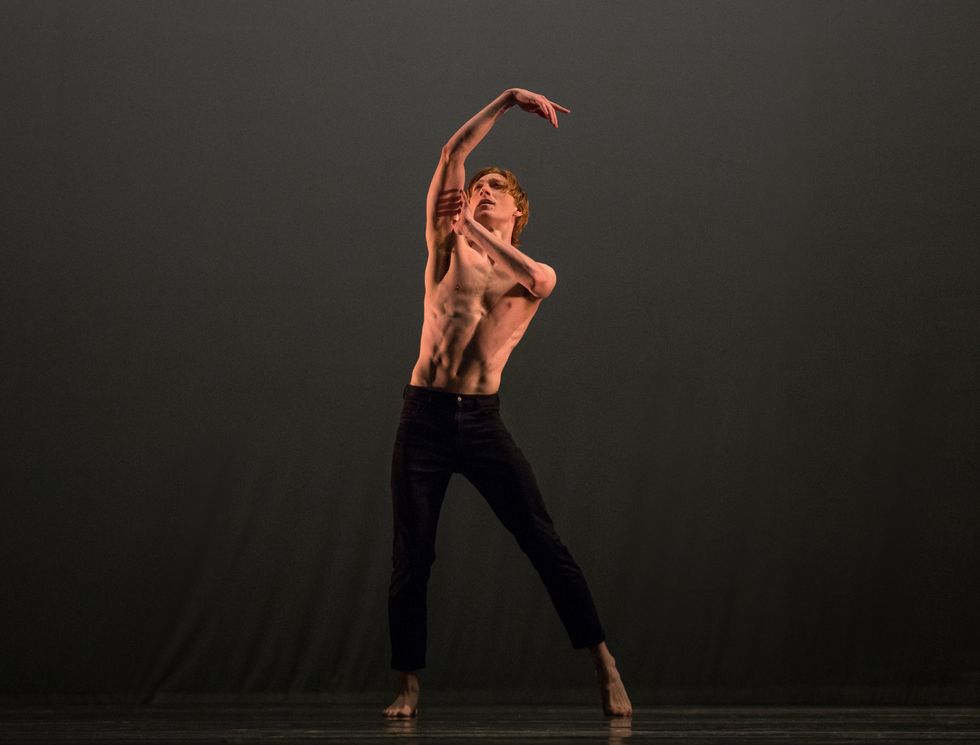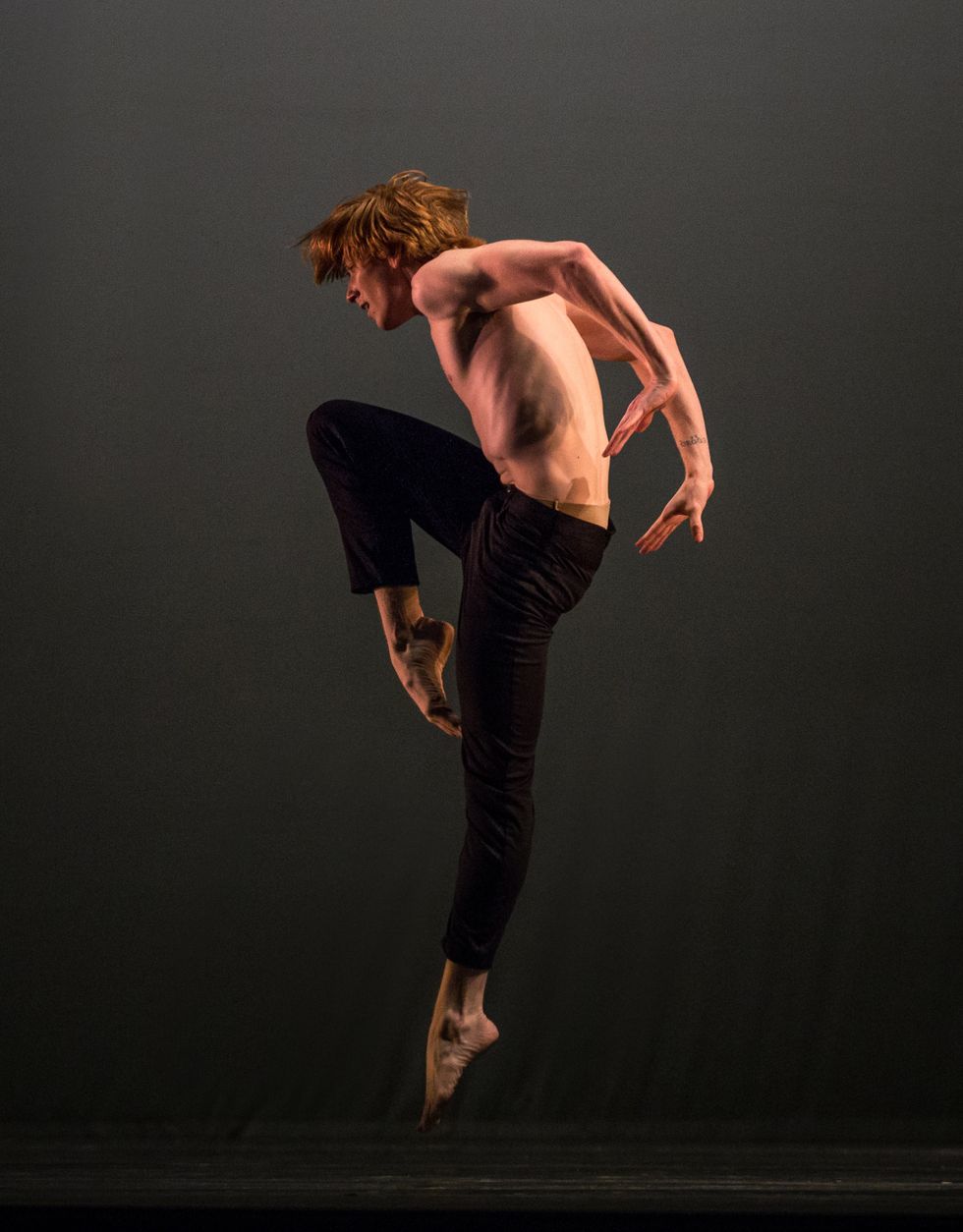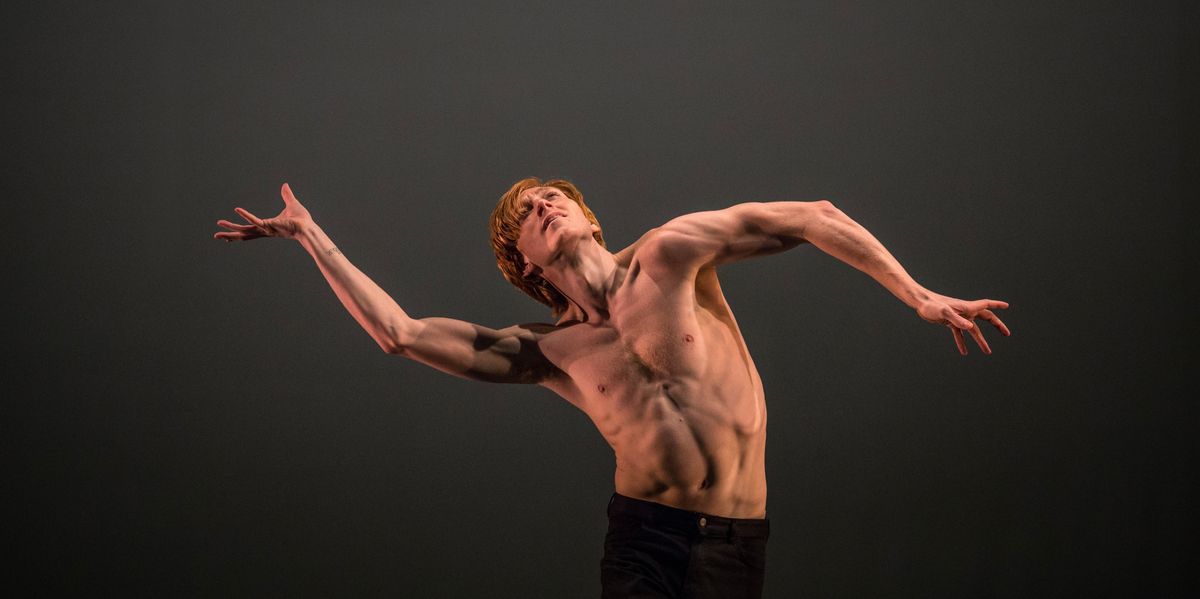"I Realized the Power in Loving the Dancer I Am by Loving the Man I Am"
My parents felt it was important to give each of their six kids a place in the world. For me, my mom sensed that place might be hip-hop class. In the very safe space that was the dance studio, I was able to express more emotion than in any other part of my day. It was a training ground for how to exist in a small town with a passion that colored outside the lines of a Midwestern male archetype.

Carlos Quezada, Courtesy Palmquist
I took as many styles as were offered and spent weekends in hotel ballrooms full of young, like-minded dancers. The pressure rose for my parents. How to pay for such an expensive hobby? How to teach me that winning competitions wasn’t the most important part while also knowing it would go a long way toward building a confidence I didn’t yet have?
After leaving home, I started to feel less and less like-minded among dancers who were perfectly happy to do as they were told, never finding it at odds with their sense of self. I was wispy and subtle and felt connected to music from my hips and neck. I sensed I wasn’t quite the dancer that directors were looking for. Yet I wanted my parents to feel reassured that I had a place.

Carlos Quezada, Courtesy Palmquist
It wasn’t until I was learning A Chorus Line from Donna McKechnie and Wayne Cilento, for American Dance Machine for the 21st Century, that I realized the power in loving the dancer I am by loving the man I am. I was struck by how they left room for dancers’ instinctual flair inside the blueprints of eight-counts.
I am so grateful to my parents for giving me access to my own place in the world. In a way, they taught me everything I know about dance by teaching me everything they know about unconditional love.




